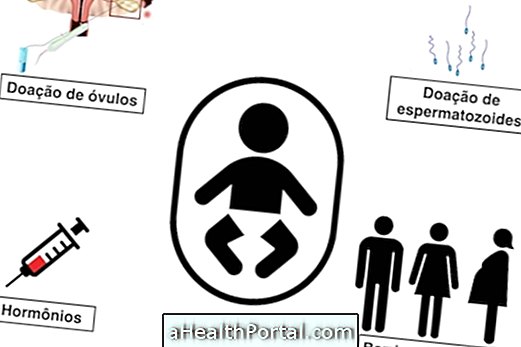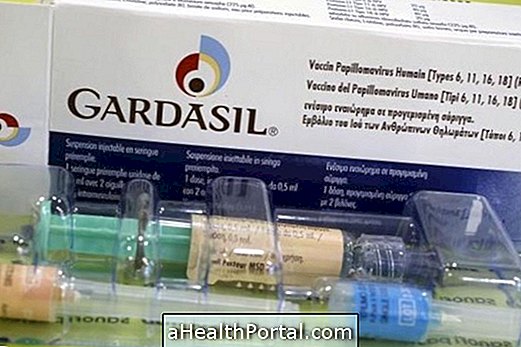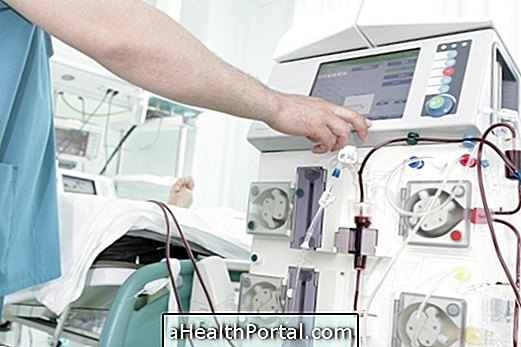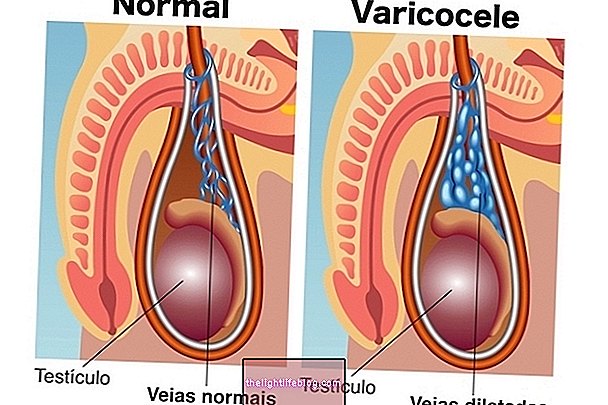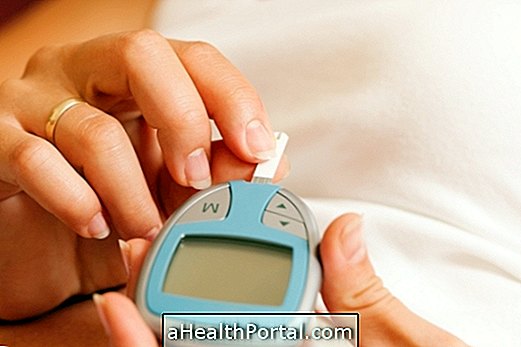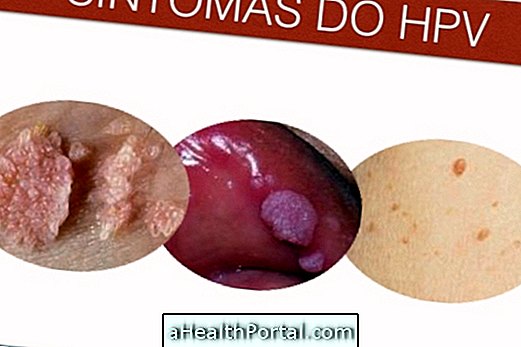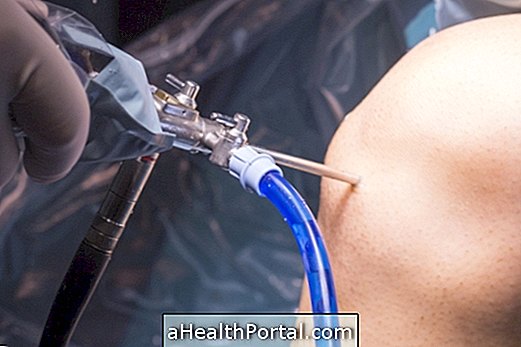Some diseases that cause infertility in both men and women are immune problems, diabetes and obesity. In addition to these, specific diseases of men and women can also be the cause for the difficulty of getting pregnant.
After 1 year of unsuccessful attempts to conceive, the couple should seek the doctor to do tests that evaluate the presence of infertility, and follow the appropriate treatment according to the cause of the problem.
Causes of infertility in women
The main causes of infertility in women are:
- Hormonal disorders that prevent ovulation;
- Polycystic ovarian syndrome;
- Chlamydia infection;
- Infections in the uterine tubes;
- Obstruction of the uterine tubes:
- Problems in the shape of the uterus, such as septate uterus;
- Endometriosis;
- Endometrioma, which are cysts and endometriosis in the ovaries.
Even women who have normal menstruation and who do not feel pain or discomfort related to the genitals can present infertility problems that should be evaluated by the gynecologist. Here's how to treat these diseases: Main causes and treatments for infertility in women.

Causes of infertility in man
The main causes of infertility in men are:
- Urethritis: inflammation of the urethra;
- Orquite: inflammation in the testis;
- Epididymitis: inflammation in the epididymis;
- Prostatitis: inflammation in the prostate;
- Varicocele: enlarged veins in the testicles.
When the couple can not get pregnant, it is also important for the man to seek the urologist to evaluate his health and identify problems in ejaculation or sperm production.

Infertility without apparent cause
In infertility with no apparent cause, the couple must undergo several tests with normal results, plus 1 year of attempted pregnancy without success.
For these couples it is recommended to continue trying to conceive using assisted reproduction techniques, such as in vitro fertilization, which has a success rate of 55%.
According to experts, couples with diagnoses of infertility without apparent cause who perform 3 in vitro fertilizations (IVF), 1 per year, have up to 90% chance of getting pregnant in the third attempt.
Diagnosis of infertility
To diagnose infertility, one should make a clinical evaluation with the doctor and blood tests to evaluate the presence of infections and changes in hormones.
In women, the gynecologist may order vaginal exams such as transvaginal ultrasonography, hysterosalpingography, and biopsy of the uterus to evaluate the presence of cysts, tumors, vaginal infections, or changes in the structure of the reproductive organs.
In man, the evaluation should be done by the urologist and the main test performed is the spermogram, which identifies the quantity and quality of the spermatozoa in the semen. See the exams needed to assess the cause of infertility in men and women.
Infertility treatment
The treatment of infertility in both men and women depends on the cause of the problem. Treatment can be done with the use of antibiotic medications, hormone injections or, if necessary, surgery to resolve the problem in the reproductive organs.
If infertility is not resolved, it is also possible to use artificial insemination techniques in which sperm are placed directly in the woman's uterus or in vitro fertilization where the embryo is produced in the laboratory and then implanted in the woman's uterus .
Here's what to do to stimulate ovulation and increase your chances of getting pregnant.



